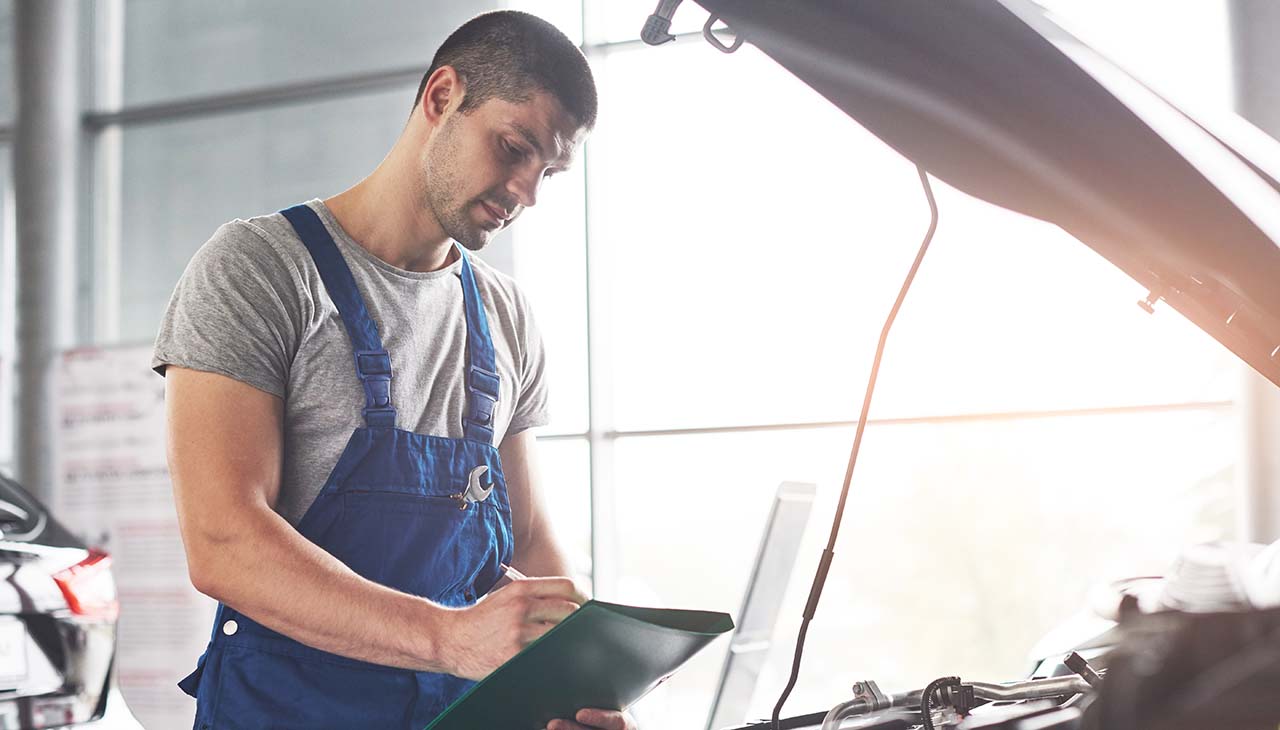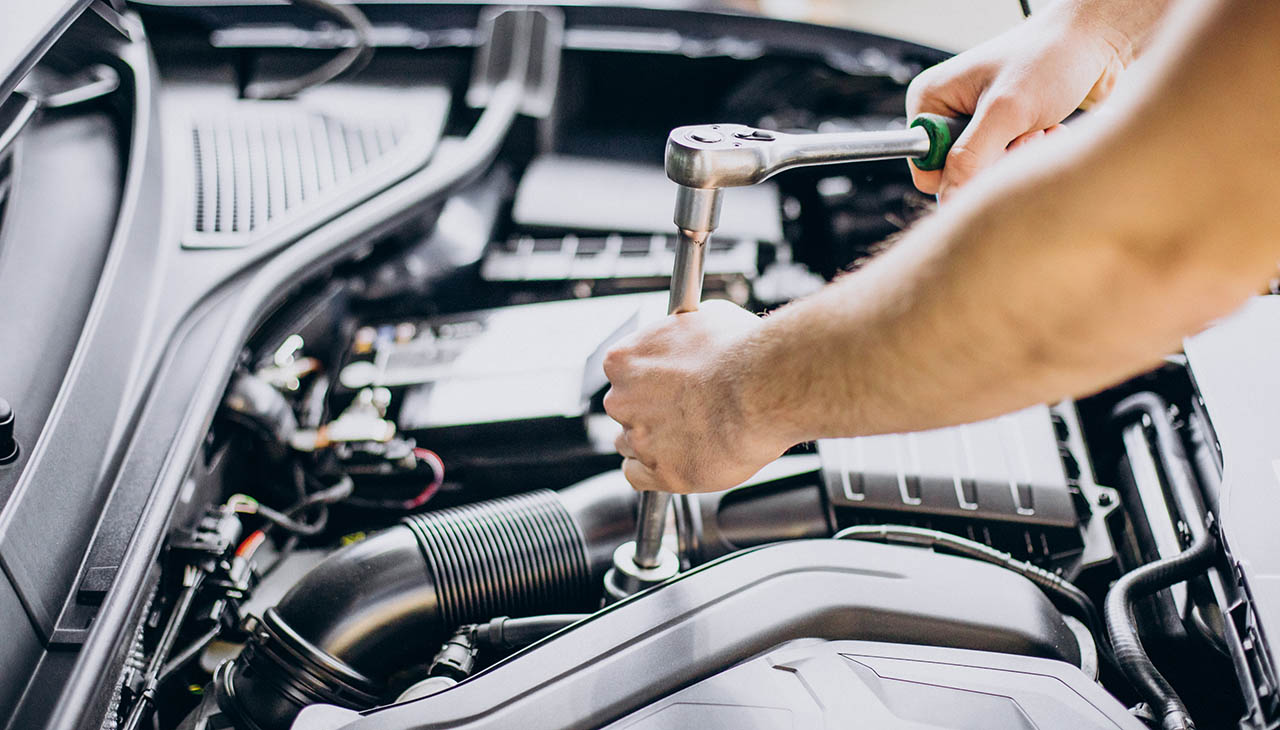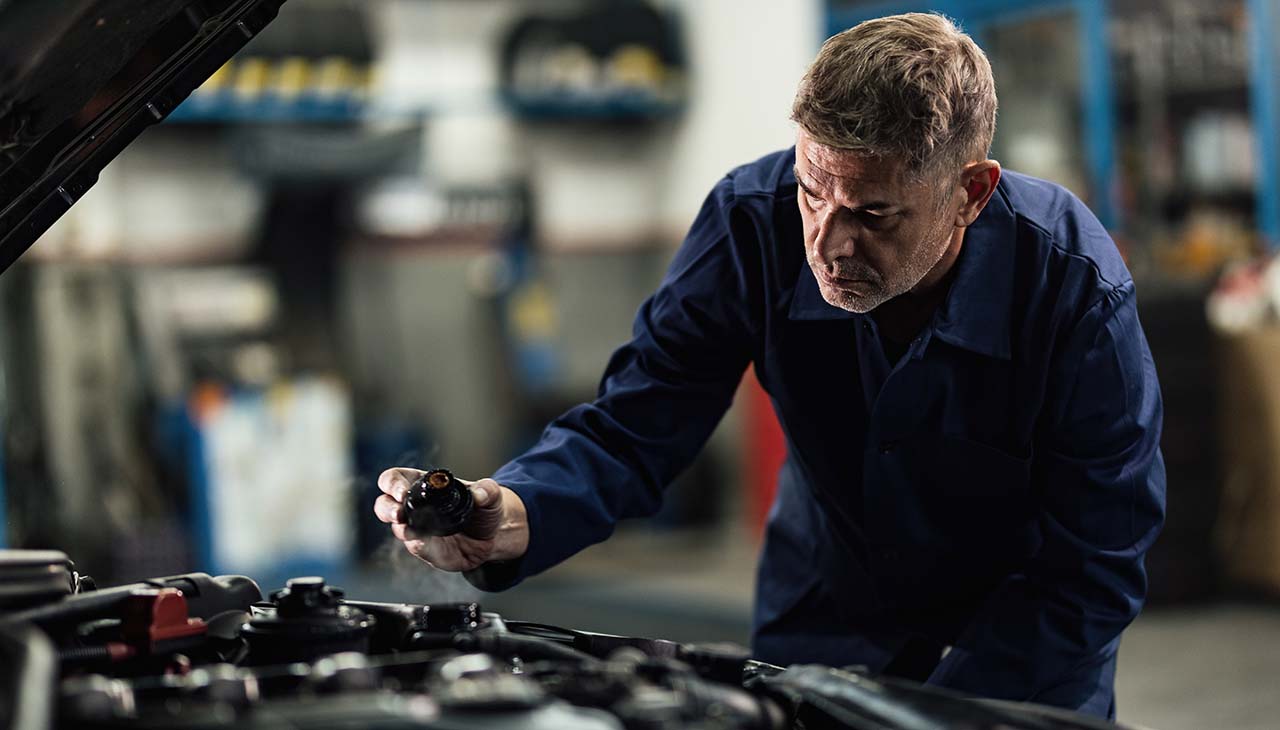At first glance, auto repair might seem daunting to many car owners, shrouded in a cloud of mystery and technical jargon. However, with a little knowledge and the right tools, there are numerous repairs and maintenance tasks that can be accomplished by the vehicle owner themselves. This can lead to substantial savings and a fulfilling sense of self-reliance. Conversely, there are certain repairs that should be unequivocally left to professionals—attempting these can cause more harm than good. In this guide, we’ll walk you through some of the most common DIY auto repair tasks you can undertake and highlight the repairs where the expertise of a seasoned mechanic is indispensable.
DIY Repairs
Understanding Basic Maintenance Tasks
To commence your DIY auto repair journey, understanding and performing basic maintenance tasks is key. These tasks not only keep your vehicle running smoothly but also extend its longevity.
- Oil Changes: One of the most essential and manageable maintenance tasks is changing the vehicle’s oil. Regular oil changes at intervals recommended by your manufacturer help ensure optimal engine performance and longevity.
- Air Filter Replacement: Replacing the air filter is another simple task that can significantly impact engine health and efficiency. A clean air filter ensures that your engine is not starved of air and prevents contaminants from causing internal damage.
- Spark Plug Replacement: This can improve engine performance and fuel efficiency. While it may be slightly more involved, it’s a doable task with a bit of patience and the right guidance.
- Battery Replacement: A car battery typically needs replacement every three to five years. Knowing how to do this safely can save you both time and money.
Tools Needed for DIY Repairs
Having a basic set of tools is imperative for any DIY auto repair work. This includes:
- A set of quality wrenches and sockets
- Screwdrivers of various sizes
- Pliers
- A car jack and stands for lifting the vehicle
- A torque wrench
- Oil drain pan and funnel
- Work gloves and eye protection
Safety Precautions
Safety should be your primary concern during any DIY repair. Always work in a well-ventilated area, use jack stands when lifting a vehicle (never rely on the jack alone), and disconnect the battery before working on the electrical system. Wear appropriate safety gear, and if ever in doubt, consult with a professional mechanic.
Advanced DIY Repairs
Moving beyond the basics, there are several more complex maintenance tasks that, with the right approach and caution, can still fall within the scope of a skilled DIYer.
Brake Pad Replacement
Replacing brake pads is a vital repair that is more complicated than the basics but certainly achievable. It involves removing the wheel, compressing the brake caliper, and swapping the old pads for new ones. Always check the condition of your rotors to determine if they also need attention, and be sure to pump the brakes to ensure they’re engaging before taking your first drive after the repair.
Headlight or Taillight Bulb Replacement
Headlight or taillight bulb replacement is often straightforward and requires minimal tools. The key is to purchase the correct replacement bulb. Access is usually gained from the back of the light assembly, and with careful turning and alignment, you can replace a faulty bulb yourself.
Car Battery Testing and Charging
For battery testing and charging, you’ll need a multimeter or a dedicated battery tester to check the voltage. If charging is required, a quality battery charger can be connected, and the battery can be recharged according to the manufacturer’s instructions. Always remember to work in a ventilated area and disconnect the battery terminals before attempting to charge it.
Coolant System Flush
A coolant system flush is an important part of vehicle maintenance that involves draining the old coolant, flushing the system to clear out any sediment and contaminants, and refilling the system with new coolant. This task requires patience and care to ensure that the system is sealed properly and to avoid any spills or overheating after completion.
Please exercise caution and consult your vehicle’s service manual before attempting any of these advanced repairs, as mistakes can lead to malfunctions or safety hazards.
When to Seek Professional Help
Complex Engine Repairs
It is imperative to recognize when a repair is beyond personal expertise, especially with complex engine diagnostics and repairs. Issues like internal engine noise, persistent overheating, or engine misfires often involve intricate components and require professional-grade diagnostic tools and expertise. Attempting complex engine repairs without the proper knowledge can exacerbate the problems and lead to costly damages.
Transmission Issues
Similarly, transmission repairs are notorious for their complexity and difficulty. Symptoms that suggest transmission issues include slipping gears, delayed vehicle response, and fluid leaks. These problems call for a specialist with extensive experience in transmission repair and maintenance.
Electrical System Problems
The electrical system in modern vehicles is a complex network that demands a precise understanding to fix. Issues such as a car not starting, intermittent power loss, or malfunctioning lights might signal a problem within this intricate system. Without a comprehensive knowledge of the vehicle’s electrical wiring, it is best to let a professional tackle these issues to prevent faulty repairs and potential safety hazards.
Suspension and Steering Repairs
Suspension and steering components are vital for vehicle safety and handling. Work on shocks, struts, or power steering systems should typically be referred to a mechanic. Improperly repaired suspension and steering parts can significantly affect the driving experience and can also lead to unsafe driving conditions.
Air Conditioning System Repairs
Finally, fixing air conditioning systems often involves specialized knowledge and tools, such as refrigerant handling equipment. Incorrect servicing can lead to inadequate cooling, damage to the system, or even legal issues due to improper refrigerant disposal. Therefore, air conditioning repairs should generally be performed by certified professionals who are trained to handle such systems.
When facing any of these more technical issues, it is usually in your best interest—and that of your vehicle—to seek the help of a professional mechanic. Their expertise ensures that the job is done correctly, while also preserving the integrity and safety of your vehicle.



